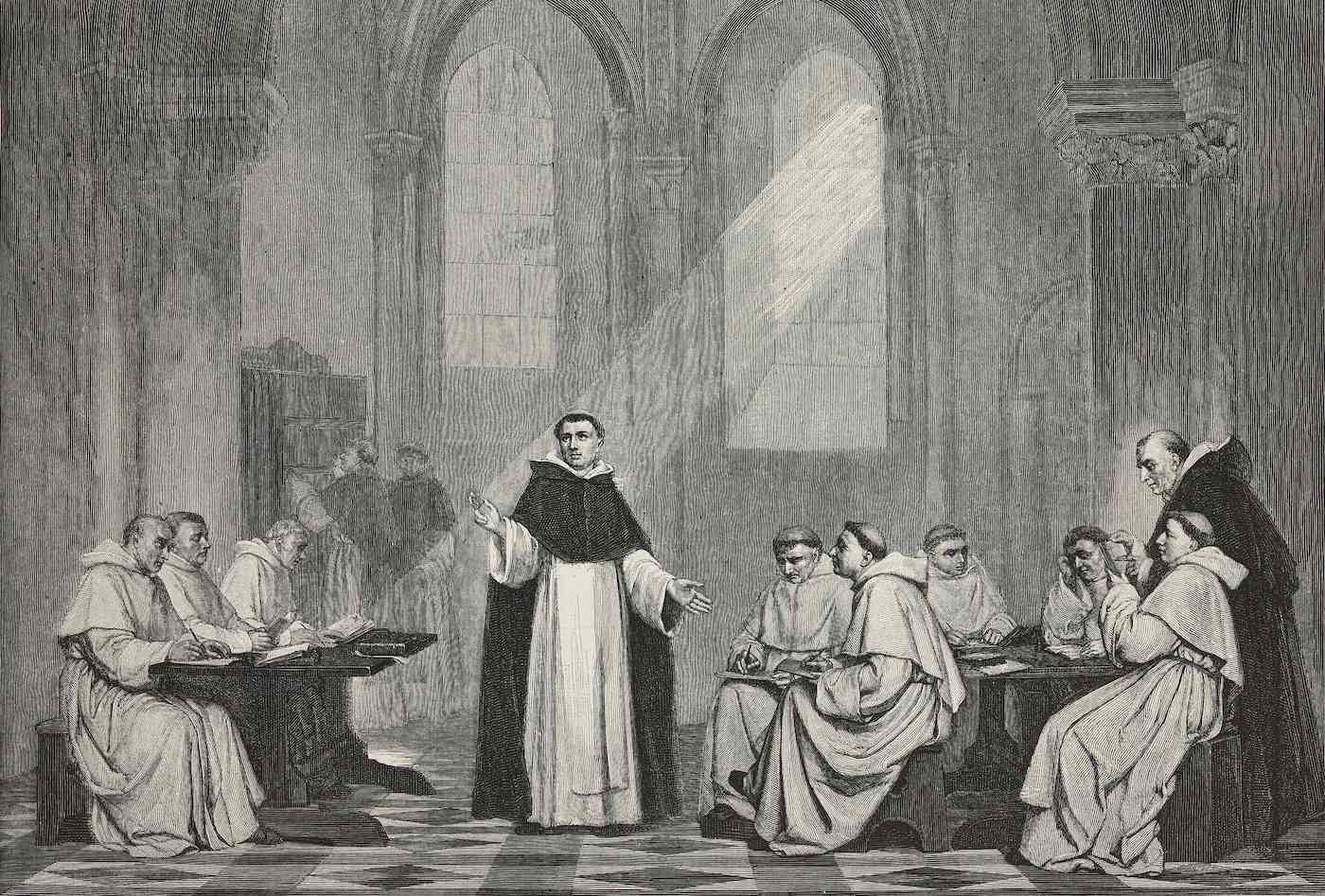Natural Law: A Historical and Contemporary Perspective
Natural law is a philosophical concept that has been debated for centuries. It refers to a set of principles or rules that are inherent in nature and can be discovered through reason or observation. The idea of natural law has been influential in the development of various fields, including philosophy, theology, and law.
History of Natural Law
The origins of natural law can be traced back to ancient Greek philosophy, where the idea of a natural order or a rational order was first proposed. Plato, for instance, believed that there is an objective reality that exists beyond human perception, and that this reality is governed by natural laws. Aristotle, on the other hand, believed that everything in the natural world has a purpose or a function, and that these functions are determined by natural laws.
The concept of natural law was further developed by medieval theologians such as Thomas Aquinas, who believed that the laws of nature are a reflection of God’s will. According to Aquinas, there are certain moral principles that are inherent in nature and can be discovered through reason. He believed that these principles are universal and apply to all human beings, regardless of their cultural or religious background.
In the modern era, natural law has been influential in the development of various legal systems, including the common law tradition in England and the United States. The natural law tradition in legal theory emphasizes the importance of fundamental human rights and the limitations on the power of the state.
The Nature of Natural Law
The principles of natural law are often associated with ideas of justice, fairness, and human rights. According to natural law theory, these principles are universal and immutable, and they govern the behavior of human beings and the natural world. Natural law is often contrasted with positive law, which refers to laws that are created by human authorities.
Natural law theorists argue that positive law must be consistent with natural law, and that laws that violate natural law are not valid. For example, natural law theorists have argued that laws permitting slavery or discrimination are unjust and violate fundamental human rights.
Pertinent Quotes from Advocates of Natural Law
Many notable philosophers and thinkers have advocated for natural law throughout history. Here are a few examples of their perspectives:
- Plato: “There is a law, not made by us, but by nature, implanted in our hearts, which urges us to do right and to shun wrong.”
- Aristotle: “Law is order, and good law is good order.”
- Thomas Aquinas: “The natural law is nothing other than the rational creature’s participation in the eternal law.”
- John Locke: “The state of nature has a law of nature to govern it, which obliges every one: and reason, which is that law, teaches all mankind, who will but consult it, that being all equal and independent, no one ought to harm another in his life, health, liberty, or possessions.”
- Robert George: “The natural law is a body of moral principles that are inherent in human nature and discernible by human reason.”
Current Debates Around Natural Law
Despite its long history and ongoing influence, natural law remains a subject of debate and disagreement among scholars and thinkers in various fields. One of the main debates surrounding natural law is whether it is an objective or subjective concept. Some scholars argue that natural law is objective and can be discovered through reason or observation, while others argue that it is subjective and based on cultural or religious beliefs.
Another area of debate is whether natural law is compatible with moral relativism. Moral relativism is the view that moral principles are not absolute and universal, but are relative to individual or cultural perspectives. Some scholars argue that natural law is incompatible with moral relativism, as it implies that there are universal moral principles that apply to all human beings.
In addition, there are debates around the specific principles that fall under the umbrella of natural law. Some natural law theorists focus on principles such as the protection of human life, while others focus on principles such as individual liberty or distributive justice.
Furthermore, there are debates about the role of natural law in legal and political systems. Some scholars argue that natural law should be the foundation of all laws and that positive laws that conflict with natural law are unjust. Others argue that natural law should be a guiding principle, but that positive laws can and should change to reflect changes in society.
As for who holds these views, there are natural law theorists from a wide range of backgrounds and disciplines. In philosophy, notable proponents of natural law include Robert George, John Finnis, and Alasdair MacIntyre. In law, natural law theory has influenced the common law tradition in England and the United States, as well as the development of international human rights law.
In summary, natural law is a philosophical concept that refers to a set of principles or rules that are inherent in nature and can be discovered through reason or observation. It has a long history, beginning with ancient Greek philosophy and continuing to influence various fields today. Natural law theory emphasizes the importance of fundamental human rights and the limitations on the power of the state, and it remains a subject of debate among scholars and thinkers in various fields.

